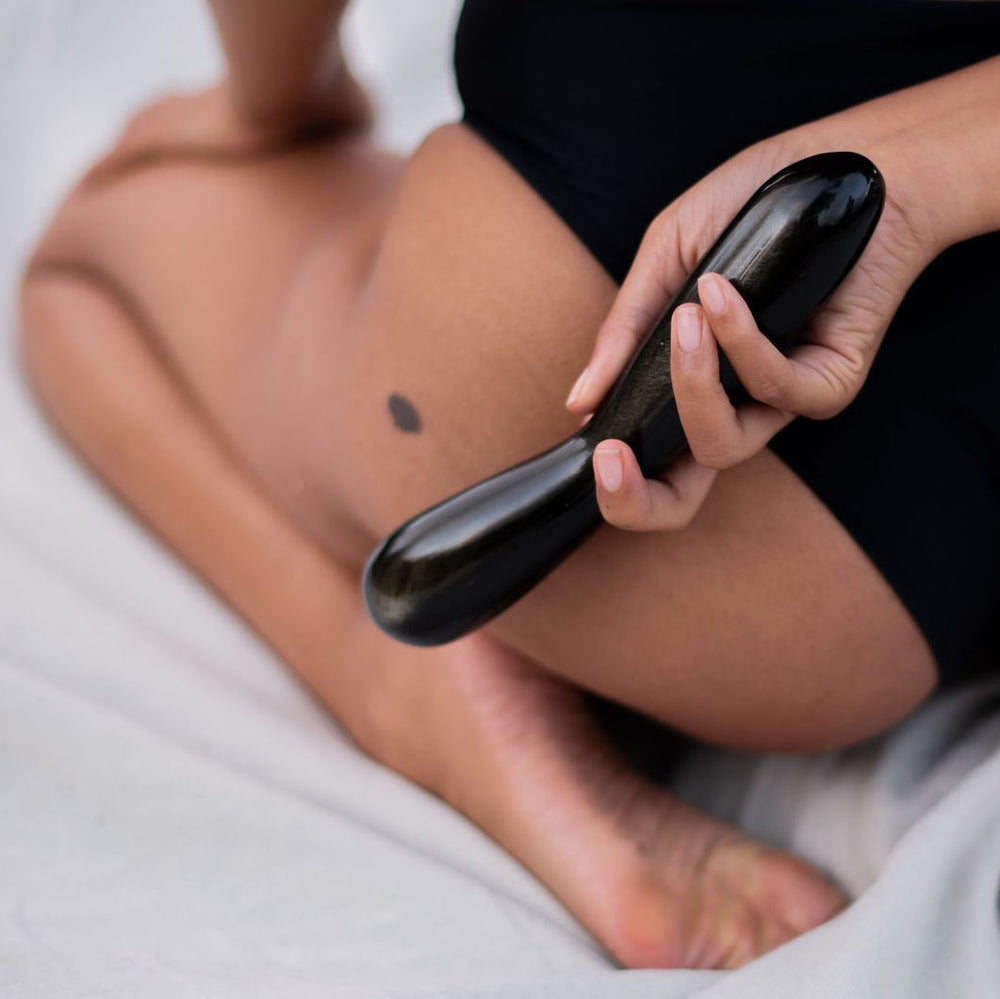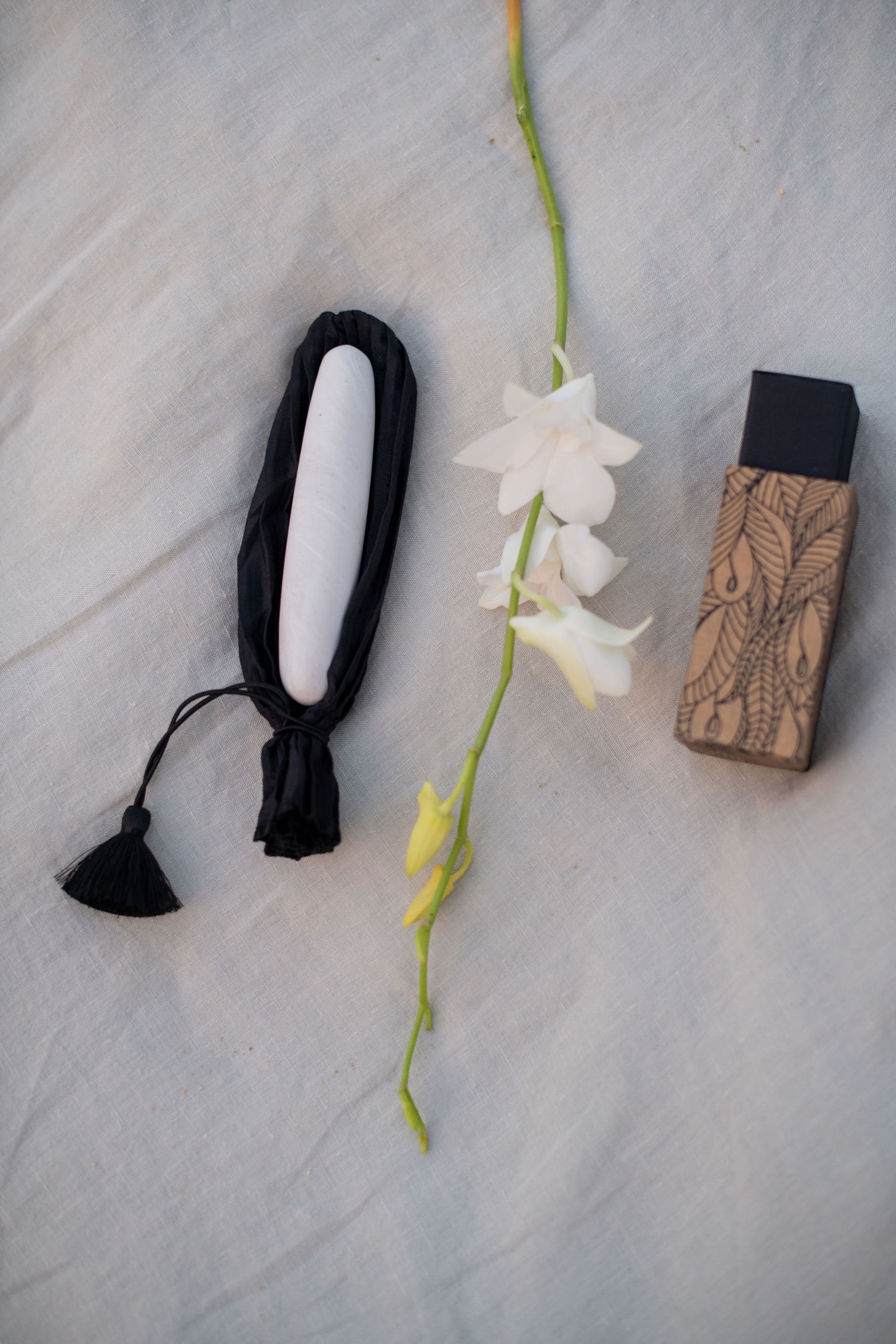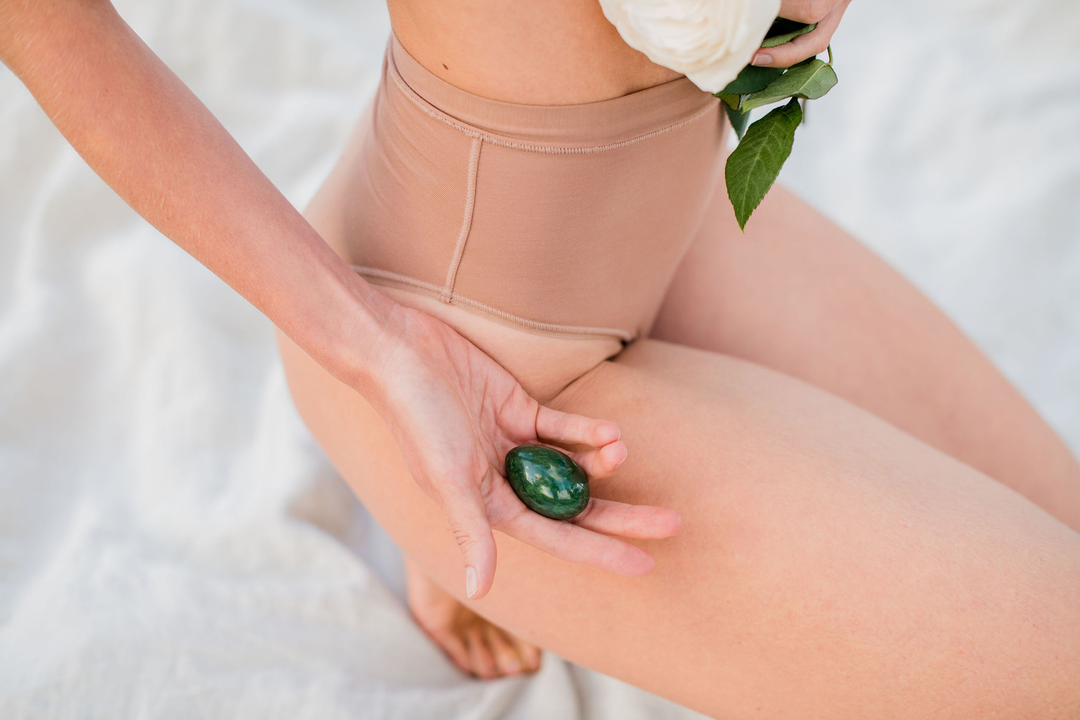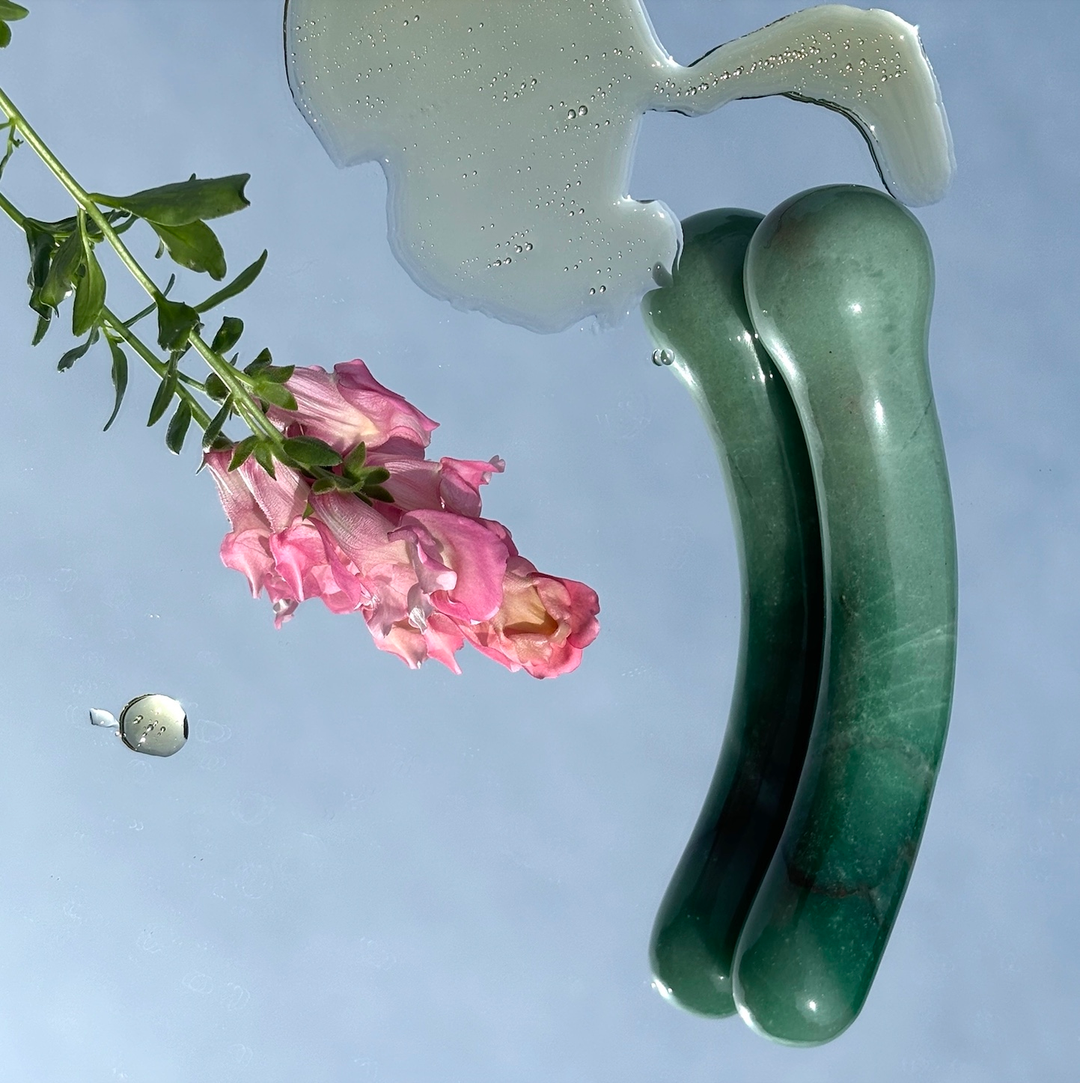Why Self Care Is Important for Building a Life That Doesn’t Drain You

Table of Contents
You can have the morning routine, the green juice, the vision board, and still feel completely overwhelmed.
To me, self care is about whether your system can actually hold the life you’re living. If your mind is overstimulated, your body tense, your emotions unprocessed, your sexual energy shut down, and your sense of meaning shaky, no routine or single practice is going to fix that.
This article is about what self care actually looks like when it’s working so you can stay present, grounded, and resourced in a life that keeps moving and working for you.
Mental Health & Self Care
Self-care isn’t possible if you don’t have access to your own mind. If your brain is looping, about the fight from this morning, the email you haven’t answered, the groceries, the emotional labor you keep doing without acknowledgment, your body might be still, but your mind is sprinting.
When the mind is sprinting, it hijacks every other part of your system. Overstimulation means there are too many inputs, but not enough exits. You’re flooded with decisions, expectations, projections. You’re constantly managing other people’s reactions, your own self-censorship, the shoulds and the guilt of falling short. It creates a static, a hum of low-grade urgency that keeps you mentally tethered to things that don’t nourish you.
Most women try to add self-care on top of this.
But self-care doesn’t sit on top of chaos, it starts with clearing it.
Mental self-care means protecting your inner bandwidth like your life depends on it. Your ability to hear yourself, to notice your desires, to feel into your boundaries none of that is accessible when your cognition is consumed by invisible work. If not tended to, lack of mental care can eventually lead to mental illness and mental health issues.
Physical Health & Self Care

Your body carries the full weight of your life, every responsibility, every emotional response you didn’t have time to feel, every instinct you overrode to keep going. What often gets praised as strength is, in reality, adaptation, like your body bracing against chronic stress, adjusting around unprocessed emotion, and operating on tension that’s become so familiar, you barely notice it anymore.
Physical self care isn’t about looking fit, getting enough sleep, or checking off movement on a to-do list. It starts with noticing what your body is doing when you’re not thinking about it. Most of the tension you carry didn’t start last week. It built slowly, layered over years of pushing through. And because no one taught you how to track your physical responses and how to notice when you were reaching your edge and step back, you learned to override instead.
Emotional Well Being and Self Care
Emotional self care is the ability to recognize, feel, and process emotions before they turn into physical symptoms or behavioral patterns. Most women don’t get the chance, mainly because we’re taught to manage other people’s reactions before we even acknowledge our own.
Over time, this creates a build-up, internal pressure that doesn’t resolve. It just moves deeper. The body stores what the mind suppresses. And because most women are constantly managing their environment, there’s very little space to complete emotional cycles, and the result is internal shutdown.
Unprocessed emotion redirects and shows up in the nervous system, in chronic muscle tension, in shortness of breath, in decision paralysis, in difficulty feeling pleasure or accessing your voice. Eventually, the system becomes overloaded with years of internalized responses that were never allowed to move through, leading to various distressing symptoms .
Sexual Self Care

Sexual energy is one of the most powerful forces you have access to. It’s not limited to arousal or orgasm. It’s the base layer of your life force and contributes to your overall well being . When you are connected to it, you feel present, expressive, and alive in your body.
And yet, for many people, this energy is the most overlooked part of self care and we separate sexuality from wellness. It becomes something that gets activated in response to external stimulation, rather than a current you’re in contact with by choice.
This disconnection is common, and it comes at a cost.
When sexual energy is ignored, it goes dormant across your system. You feel less sensation, less excitement, less interest in movement, touch, or expression. Sexual self care means recognizing that your body carries a core charge and tending to it is part of taking care of your whole system.
Spiritual Self Care
Spiritual self care means having an internal relationship to meaning. A connection to something deeper than your to-do list. It’s not about religion in the traditional sense, though for some, that’s part of it. To me spiritual self care is knowing how to orient yourself when life stops making sense.
When you don’t have spiritual grounding, you fall into patterns that look like discipline but are actually avoidance. You use structure to create control, but control is not clarity. Control is a symptom of fear, and fear thrives when there’s no anchor.
Multiple peer-reviewed studies have shown that people who cultivate spiritual practices, whether through prayer, meditation, ritual, or belief systems, report lower stress, improved emotional regulation, stronger relationships, and greater long-term life satisfaction.
Self Care, Self Esteem, and Success

Success requires energy and physical, emotional, and nervous system capacity. If you don’t have it, your body will eventually show you.
Prioritizing self-care is crucial for maintaining overall well-being and achieving success. Most people are trying to sustain high performance on top of a dysregulated baseline. You override tiredness with caffeine, push through tension and ignore the signs your body gives because there’s always something else that needs to be done. This is how burnout builds, slowly, silently, and often while you look like you’re thriving from the outside.
If you don’t actively build recovery into your life, your body will compensate for it, through insomnia, inflammation, brain fog, or emotional shutdown. The nervous system needs space to downshift. If it doesn’t get that, it stays in survival mode, and because of this, you can’t experience real satisfaction or creativity.
Integration: What It Actually Looks Like to Practice Self Care
Integrated self care means each part of your system, mental, physical, emotional, sexual, spiritual, is at ease. When even one area is offline, the rest start compensating.
Here’s what each part requires, in real terms:
Mental self care means having mental space that isn’t filled with tasks, content, or invisible emotional labor. It means turning off the notifications, closing the 14 tabs, and learning how to focus on one thing at a time and where your brain isn’t solving, helping, fixing, or remembering. If your mind is overloaded, you lose clarity, second-guess your instincts, and move into reaction mode.
Physical self care means tracking your actual symptoms and adjusting based on them. This includes deep rest, long walks without a phone, nourishing meals, and nervous system downshifts built into your day. If your body is bracing, no amount of output is sustainable.
Emotional self care means letting feelings rise and move before they calcify in your body. This doesn’t mean you need to cry every day or talk through every problem but you do need to stop suppressing what’s real to keep up appearances or avoid discomfort. If you skip this, those emotions don’t disappear, they redirect and become irritability, fatigue, or disconnection.
Sexual self care means staying in physical, regular contact with your own sexual energy. This involves inner massage, yoni exploration, breast touch, erotic breath and keeping blood flow and responsiveness alive. Staying sexually connected keeps your system responsive and brings your full sensitivity back online.
Spiritual self care means knowing what you orient to. This includes silent time, daily grounding, devotional ritual, or a relationship to something greater than you. You don’t have to follow a religion. But if you have no core practice of spiritual connection, your nervous system has nothing steady to lean into during chaos. Without this, even the most organized life feels empty.
FAQ
Self care is important because your system can’t run on empty. Without regular care for your physical and mental health, you start living in a constant state of output without recovery. This shows up as exhaustion, irritability, low focus, poor sleep, or chronic tension. Practicing self care gives you the capacity to keep showing up for your life without breaking down in the process. Self care is what makes it possible to keep going without losing yourself.
Self care means taking responsibility for your own needs in a way that keeps your system functional and contributes to overall health. Self care also means stepping away from constant stimulation, putting down your phone, walking outside, saying no when you need to. It’s the foundation of good mental health, physical regulation, and emotional stability.
The power of self care lies in how it changes your baseline. When you consistently take care of yourself across mental, emotional, sexual, and physical levels, your energy levels rise, your stress decreases, and your capacity expands. You stop crashing, numbing out, or overcommitting. You make clearer decisions, sleep more deeply, and recover faster. Self care improves your ability to focus, handle stress, and stay regulated in relationships. It also strengthens your self worth, because when you show up for yourself consistently, you stop needing constant validation from others.















Leave a comment